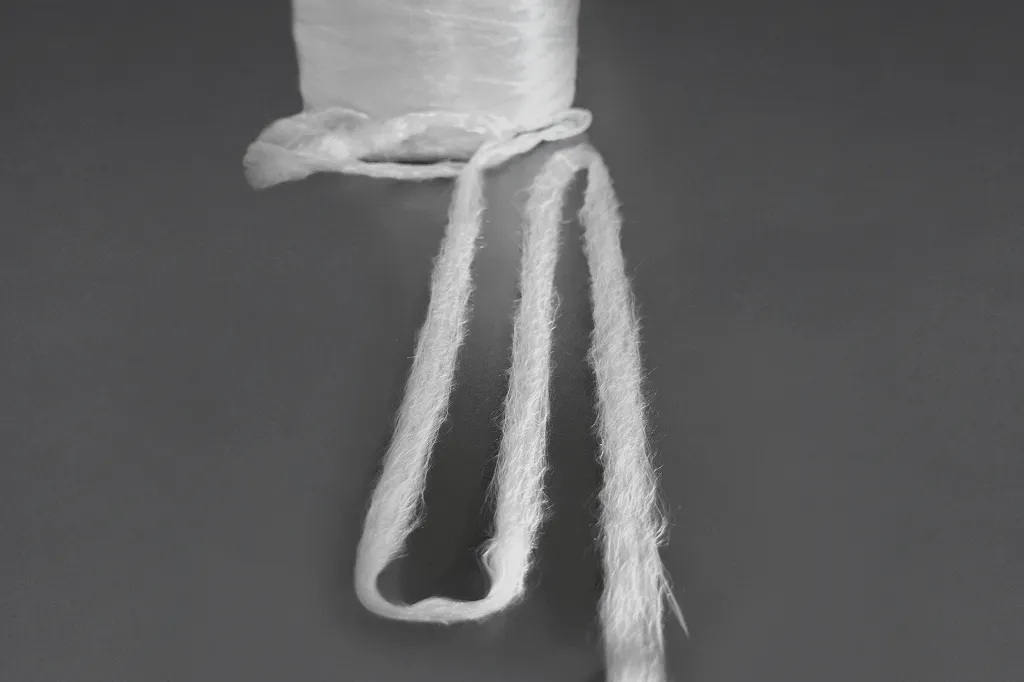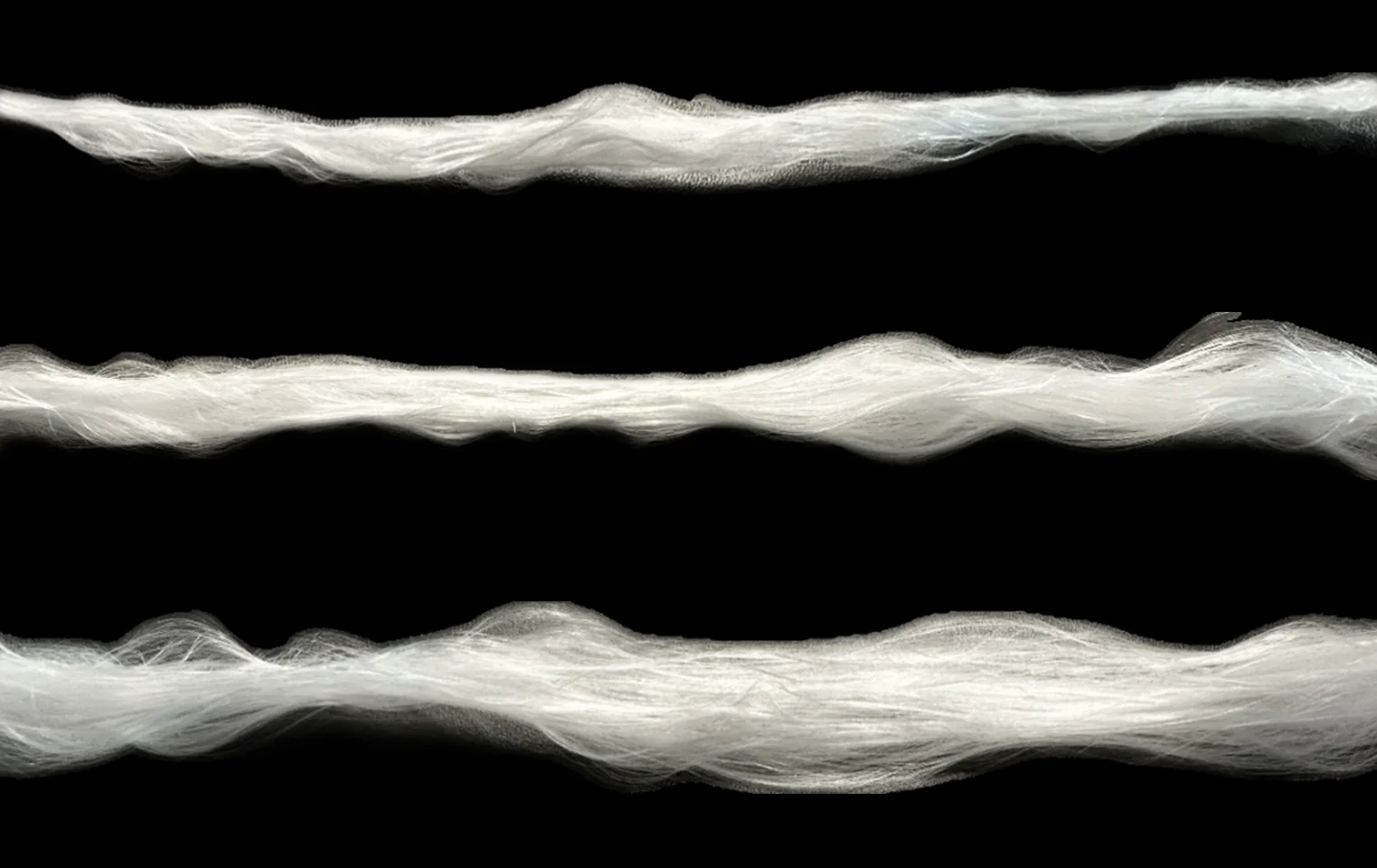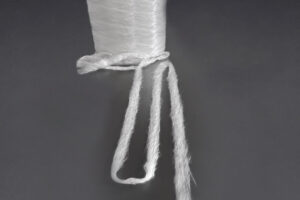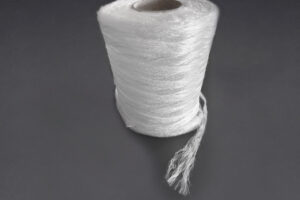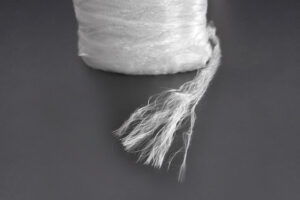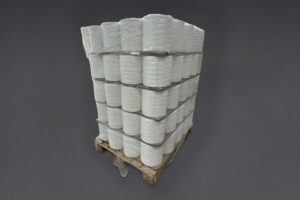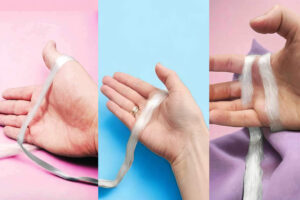BFR – Bulky Fiber Roving
Offer - Composites
Description
BFR – Bulky Fiber Roving Texturized and volumized continuous glass fiber for Glass Fiber Reinforced Composites. The Bulky Fibers (BFR) are made out of standard Glass Fiber Roving which are commonly used in Glass Fiber Reinforced Composites Bussiness.
General data
| Base material | E-GLASS/ECR-GLASS/S-GLASS | |
| Fiber diameter | 7-33 µm | |
| Color | white | |
| Combustion | incombustible | |
| Resin compatibility | *Epoxy/Vinylester/Polyester | |
Form of Product Delivery
| Dimensions | 250mm or 500mm width bobins |
| Bobbin diameter | from 200mm to 280mm |
| Weights | 1,2 and 5,5 kg |
| Cones | Paper cones / no nones |
*The resin compatibility is fully depending on the sizing type of glass fiber producer.
TEX Range: 600TEX, 1200 TEX, 2500 TEX, 5000 TEX, 10000 TEX.
TEX Range: 600TEX, 1200 TEX, 2500 TEX, 5000 TEX, 10000 TEX.
Product properties / advantages:
BFR can be used in the following production technologies:
- Filament Winding
- Pultrusion
- Knitting and Weaving (less texturized option)
- Long Fiber Technologies (LFT)
Figure 1 – (BFR) Standard Bulky Fiber Volumized Roving Example
The BFR is giving the following advantages and benefits in comparison to the non-volumized glass fiber roving:
- Better and faster resin wetting properties
- Greater fiber volume, which minimize the risk of “holes” voids in final composite product
- Possibility to use resins with higher density and additional resin fillers
Structure of the NBTA’s Bulky Fiber Roving (BFR):
Figure 2 - BFR texturizing/volumizing structure
The fibers presented on the picture above (Figure 2), are showing the typical for BFR, fiber orientation structures. Most of the monofilament fibers are separated from each other. The separated fibers are oriented in „wave form pattern“. The wave amplitude can be „adjusted“ in the air-jet texturizing process, according to the preferences of final customer.
NBTA’s Air-Jet Texturizing Technology, enables mixing of multiple glass fiber roving, to create the “Tailor Made product” with additional properties like tensile strength, sizing content, monofilament thickness, etc.
It is possible to change the following parameters:
NBTA’s Air-Jet Texturizing Technology, enables mixing of multiple glass fiber roving, to create the “Tailor Made product” with additional properties like tensile strength, sizing content, monofilament thickness, etc.
It is possible to change the following parameters:
- Final TEX of the BFR.
- Optimize the volume of the glass fibers in BFR.
- Mix the E-GLASS, ECR-GLASS and S-GLASS in the final product (BFR).
